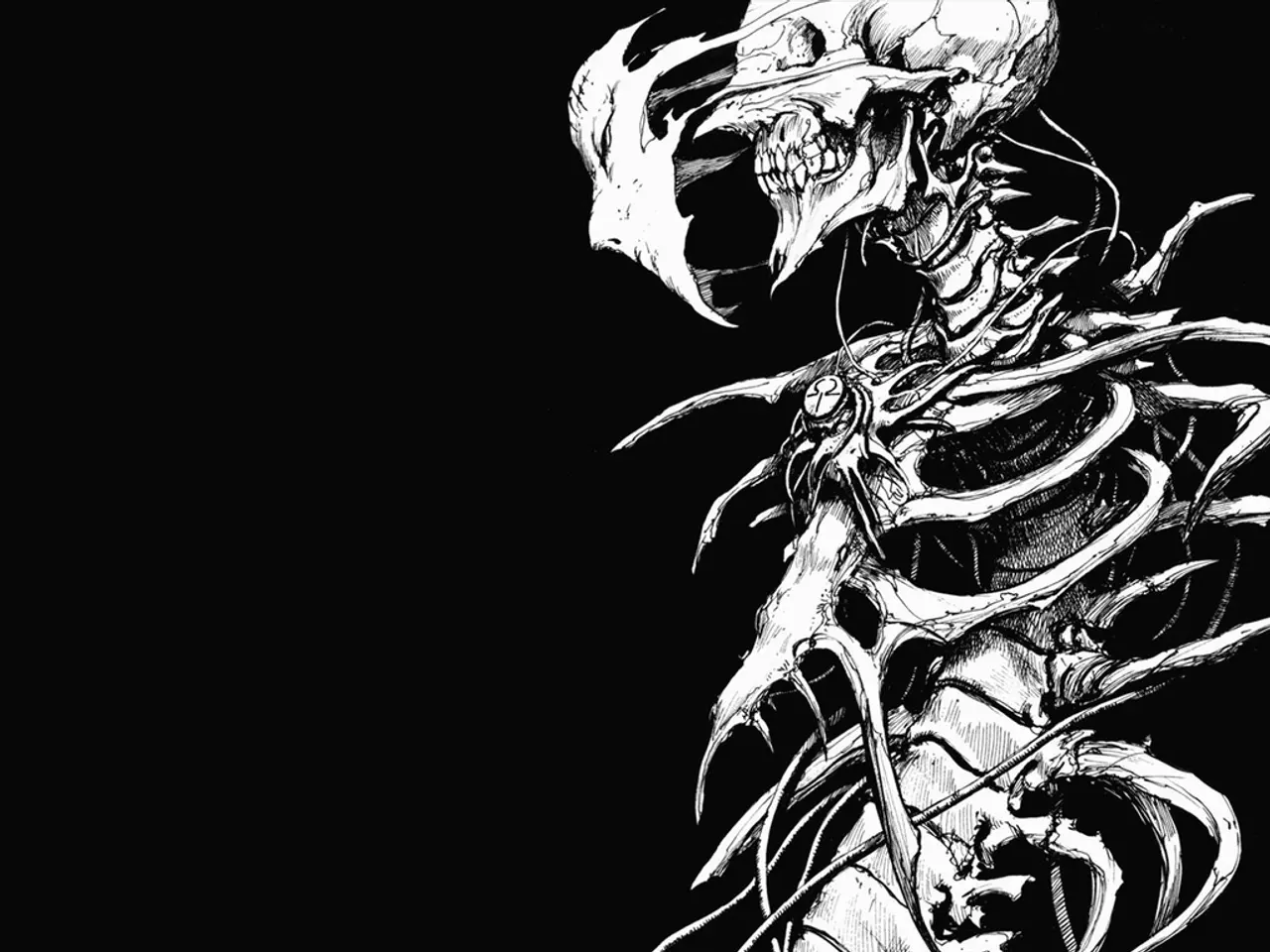Distinguishing Schizophrenia from Schizoaffective Disorder: Understanding Key Differences
In the realm of mental health, two conditions that often draw attention are Schizophrenia and Schizoaffective Disorder. While both involve psychotic symptoms, they distinctly differ in their symptomatology and treatment approaches.
Schizophrenia primarily focuses on psychotic symptoms such as delusions, hallucinations, disorganized speech, catatonic behaviour, and negative symptoms. These symptoms must persist for at least six months to meet the diagnostic criteria, and the condition does not consistently include mood episodes like depression or mania.
On the other hand, Schizoaffective Disorder combines mood symptoms (depression or mania) with psychotic symptoms similar to schizophrenia. The mood and psychotic symptoms must occur together for a substantial portion of the total duration of active and residual portions of the illness. There are two types based on the mood disturbance: depressive type and bipolar type.
When it comes to treatment, both conditions typically involve a combination of therapy and medication. For Schizophrenia, antipsychotic medications are crucial for managing psychotic symptoms, with cognitive behavioral therapy (CBT), family therapy, and social skills training also being part of comprehensive treatment plans.
Schizoaffective Disorder treatment often includes a combination of antipsychotics for psychotic symptoms and mood stabilizers or antidepressants for mood symptoms. Therapy may include CBT to manage symptoms and improve functioning.
Both conditions are chronic, with Schizophrenia being a lifelong illness that requires long-term management. While some individuals with Schizophrenia can achieve high functioning with appropriate treatment, the condition is generally considered chronic. Schizoaffective Disorder, however, can have a more variable course. Some patients may experience recurrent episodes, while others may achieve full recovery.
It's important to note that people with Schizophrenia or Schizoaffective Disorder may be resistant to seeking treatment due to symptoms like hallucinations, delusions, and mania making them reluctant to acknowledge their condition. Early and continuous treatment is crucial, as both conditions can severely impact physical, mental, and social well-being if not treated properly.
For those who struggle with adhering to a medication schedule, long-acting medication, such as a shot given once every few weeks, can be beneficial. Antipsychotic medication can help improve symptoms of Schizophrenia, while people with Schizoaffective Disorder will typically also take antidepressant medication or mood-stabilizing medication.
In conclusion, while both Schizophrenia and Schizoaffective Disorder involve psychotic symptoms, Schizoaffective Disorder includes prominent mood symptoms, which distinguishes it from Schizophrenia. Understanding these differences is crucial for effective diagnosis and treatment.
Sources: [1] American Psychiatric Association. (2013). Diagnostic and Statistical Manual of Mental Disorders, Fifth Edition, Text Revision (DSM-5-TR). [2] Cleveland Clinic. (n.d.). Schizophrenia. [3] Krew, T. (2021). Personal interview. [4] National Institute of Mental Health. (n.d.). Schizoaffective Disorder. [5] National Institute of Mental Health. (n.d.). Schizophrenia.
Science and health-and-wellness are vital in addressing mental health disorders like Schizophrenia and Schizoaffective Disorder. These conditions, while both showing psychotic symptoms, require distinct approaches due to their differences in symptomatology and treatment requirements. For instance, Schizophrenia primarily necessitates antipsychotic medications to manage psychotic symptoms, while Schizoaffective Disorder also requires mood stabilizers or antidepressants for mood symptoms. Mental health is crucial in managing these disorders, as early and continuous treatment can improve physical, mental, and social well-being.




